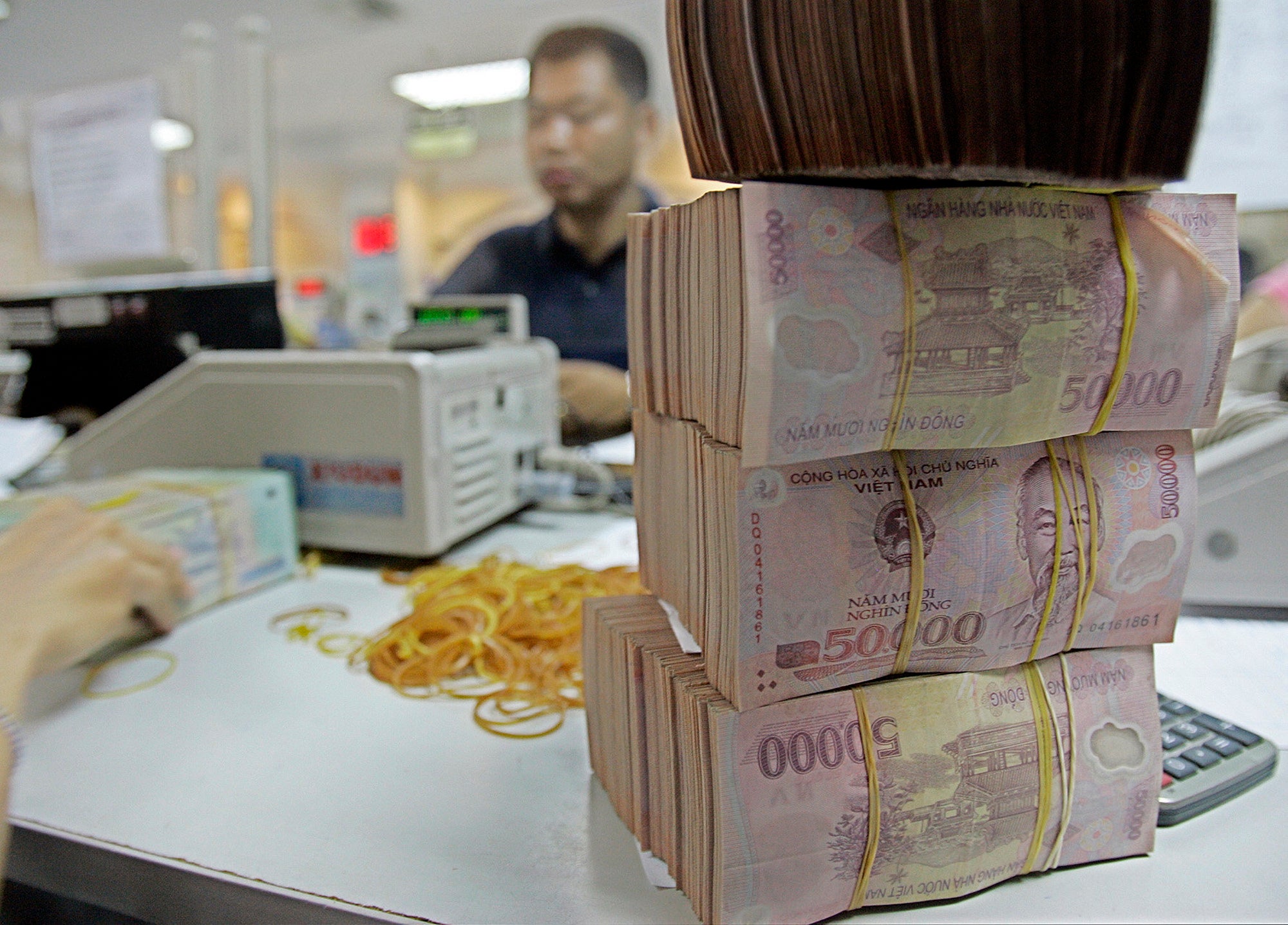US brands Vietnam, Switzerland as currency manipulators
The U.S. Treasury Department has branded Vietnam and Switzerland as currency manipulators while putting China and nine other countries on a watch list

The U.S. Treasury Department has branded Vietnam and Switzerland as currency manipulators while putting China and nine other countries on a watch list in an annual report designed to halt countries from manipulating their currencies to gain unfair trade advantages.
It marked the first time that the United States has labeled another country as a currency manipulator since August 2019 when it called out China at a time when the world's two largest economies were locked in tense trade negotiations.
“The Treasury Department has taken a strong step today to safeguard economic growth and opportunity for American workers and businesses” Treasury Secretary Steven Mnuchin said in a statement. “Treasury will follow up on its findings with respect to Vietnam and Switzerland to work toward eliminating practices tat create unfair advantages for foreign countries.”
The Trump administration removed its currency designation from China in January after the two nations had achieved trade agreements which the Trump administration hoped would lower China's huge trade surplus with the United States.
The Treasury report said that Vietnam and Switzerland were the only two countries that met all three criteria for being named a currency manipulator.
Those criteria include the number and size of the interventions a country has made in foreign exchange markets to influence the value of its currency. A country intent on gaining trade advantages will sell its currency in an effort to depress its value against other currencies, such as the U.S. dollar.
A weaker currency makes a country's exports cheaper and thus more competitive on foreign markets and makes imports more expensive.
The Treasury report said that in addition to extensive currency interventions, Vietnam and Switzerland also met the other two criteria which are running large trade surpluses with the United States and also large surpluses in its current account with the world, the broadest measure of trade which includes not only goods and services but also investment flows.
The designation of a currency manipulator will trigger special negotiations with Vietnam and Switzerland over the next year. If those negotiations don't alter the two countries' currency practices, the United States can move forward to impose economic sanctions on Vietnam and Switzerland including penalty tariffs.
In addition to China, the other countries put on a monitoring list were Japan, South Korea, Germany, Italy, Singapore, Malaysia, Taiwan, Thailand and India. Taiwan, Thailand and India were put on the watch list this year while the other countries were already on the watch list issued with the last report in January.
With regard to Switzerland, the country’s central bank has been selling Swiss francs to limit the currency’s rise and the currency has also benefited for its reputation as a safe haven for investors during times of economic stress. Independent analysts say that is mainly an attempt to keep consumer prices from falling - which can hurt the economy - rather than to boost exports to the U.S.
But the Treasury report labeled Switzerland a currency manipulator contending that the interventions in currency markets were excessive given the large size of the Swiss trade surpluses.
The United States has only named three countries as currency manipulators. In addition to branding China as a manipulator last year, the U.S. imposed that label on China from 1992 to 1994. Treasury also imposed that label on Japan and Taiwan in the 1980s.
A hallmark of President Donald Trump's presidency has been pursuit of aggressive trade policies and a number of other countries in such areas as steel and aluminum. While the policies have not done much to lower America's overall trade deficit, the deficit with China has shrunk. The gap between what the United States sells to China and what it buys in goods and services fell by 19% last year to $308 billion, the lowest level since 2013 but still the largest trade deficit with any single country.
America's overall deficit in goods and services fell less than 1% last year to $577 billion but was still higher than in any year of the Obama administration. The trade gap has gone back up this year, rising by more than 9% from January through March as the pandemic has crushed U.S. exports of services such as tourism and education.
___
Carlo Piovano in London contributed to this report.
Bookmark popover
Removed from bookmarks